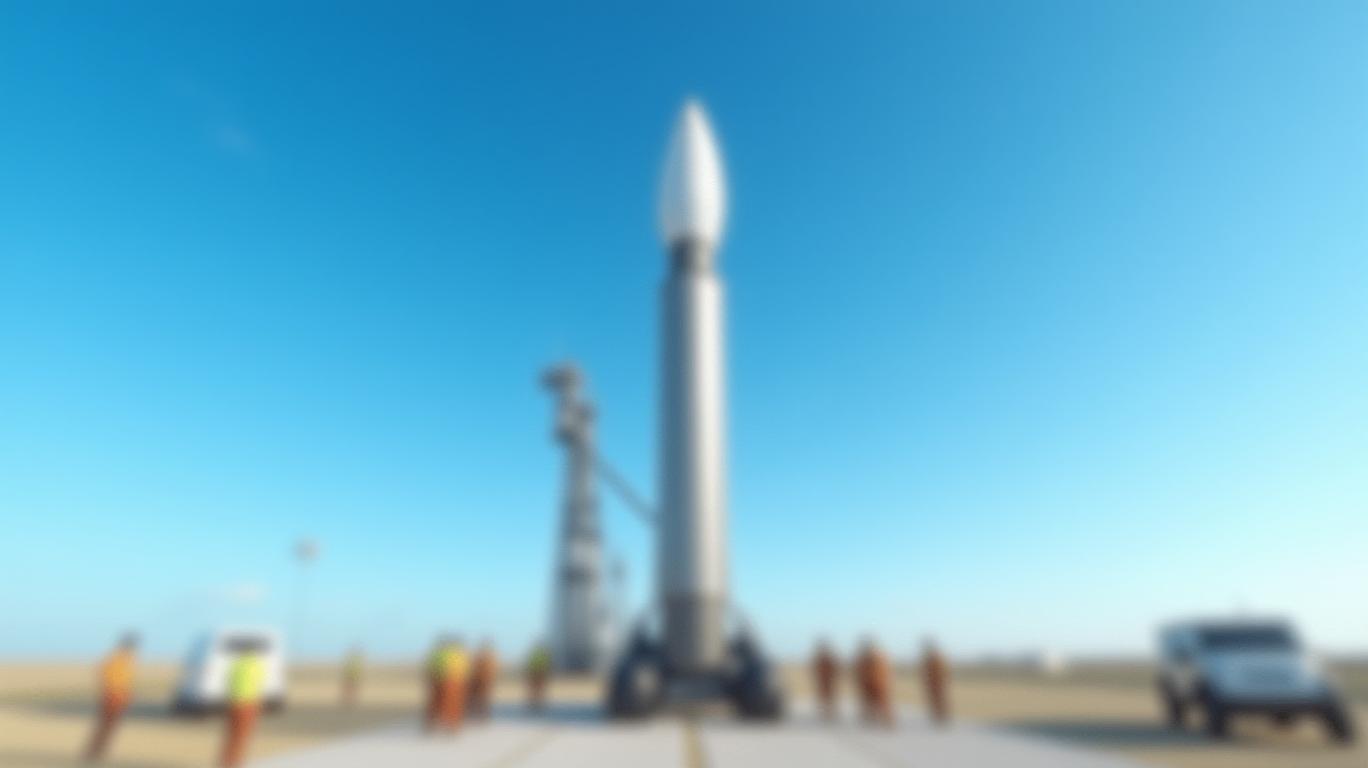Pentagon's Greenland Realignment: Assessing The Strategic Implications And Public Concerns

Table of Contents
Geopolitical Significance of Greenland's Strategic Location
Greenland's geographic position offers unparalleled strategic advantages, making it a key player in the Arctic's geopolitical game. Its location provides:
-
Proximity to key shipping lanes: The Northwest Passage and other crucial Arctic shipping routes pass near Greenland, making it a vital point for monitoring maritime traffic and ensuring freedom of navigation. This strategic location allows for enhanced surveillance capabilities, crucial for both commercial and military purposes. The increasing accessibility of these routes due to climate change further elevates Greenland's importance.
-
Potential for surveillance of Arctic activity: Greenland's vast coastline and its proximity to potential areas of conflict or strategic activity make it an ideal location for establishing military bases and surveillance infrastructure. This enhances the ability to monitor activities of other nations in the Arctic, contributing to regional stability and security. The Pentagon's interest is fueled by growing concerns about Russian and Chinese activity in the region.
-
Access to critical mineral resources: Greenland possesses substantial mineral wealth, including rare earth elements crucial for modern technologies. Securing access to these resources is a significant driver behind the Pentagon's increased engagement. This aspect of the realignment intersects with broader concerns about supply chain security and resource dependence.
-
A crucial component in great power competition: The Arctic is increasingly becoming an arena for great power competition, with the US, Russia, and China vying for influence. Greenland’s strategic location puts it at the heart of this competition, and the Pentagon's involvement aims to counter potential expansionism by rival powers. This strategic competition extends beyond military considerations, encompassing economic and political influence.
Increased military presence in Greenland strengthens US influence and serves as a counterbalance to potential Russian or Chinese expansionism in the Arctic. This strengthened presence also facilitates enhanced cooperation with allied nations in the Arctic, fostering a stronger collective approach to regional security and resource management.
Resource Acquisition and Economic Opportunities
Greenland possesses vast untapped natural resources, making it an attractive location for economic investment. These resources include:
-
Rare earth minerals: These minerals are vital for advanced technologies, including smartphones, electric vehicles, and military hardware. The Pentagon's interest is partially driven by a desire to secure access to these critical resources and reduce dependence on foreign suppliers.
-
Significant oil and gas reserves: While extraction faces environmental challenges, the potential for future oil and gas production remains significant, representing a substantial economic opportunity for Greenland. This aspect however, remains contentious given growing global efforts towards decarbonization.
-
Other valuable minerals: Greenland also boasts reserves of zinc, iron ore, and diamonds, further diversifying its economic potential. The responsible and sustainable exploitation of these resources is key to ensuring long-term economic benefits for Greenland.
The Pentagon's involvement could stimulate economic development in Greenland, potentially creating much-needed job opportunities. However, concerns regarding the environmental impact of resource extraction and the potential for exploitation need careful consideration. Balancing economic benefits with environmental sustainability is a crucial challenge that requires a well-defined and transparent approach.
Public Opinion and Concerns Regarding Environmental Impact
Public opinion regarding the Pentagon's Greenland realignment is divided, reflecting differing priorities between economic development and environmental protection. Significant concerns exist, particularly among Greenland's indigenous population (Inuit):
-
Potential disruption of traditional lifestyles: Increased military activity and resource extraction could disrupt traditional Inuit ways of life, impacting hunting, fishing, and cultural practices.
-
Environmental damage: Concerns exist about potential pollution, habitat destruction, and the disruption of delicate Arctic ecosystems from increased military activity and resource extraction.
-
Loss of cultural heritage: Development projects and military installations could lead to the loss of culturally significant sites and the erosion of Greenlandic cultural heritage.
Transparency and meaningful consultation with Greenlandic communities are crucial for fostering public acceptance. Comprehensive and publicly accessible environmental impact assessments are essential to address these concerns. Failure to adequately address these concerns could lead to significant social and political opposition.
International Relations and Diplomacy
The Pentagon's Greenland realignment has significant implications for international relations in the Arctic. It impacts relationships with:
-
Denmark (Greenland's governing power): Maintaining strong diplomatic ties with Denmark is paramount, given its sovereignty over Greenland. Open communication and collaboration are vital for ensuring a smooth and mutually beneficial realignment.
-
Canada: Cooperation with Canada on Arctic security and resource management is essential given their shared geographic proximity and interests.
-
Russia: Navigating the relationship with Russia requires careful diplomacy, given its own significant Arctic presence and interests.
-
China: China's growing interest in the Arctic necessitates clear communication and a transparent approach to avoid escalating tensions.
Maintaining diplomatic stability and transparency is crucial in mitigating potential conflicts. Collaboration on Arctic governance and environmental protection is essential to build trust and ensure a cooperative approach to regional challenges.
Conclusion
The Pentagon's Greenland realignment presents both significant opportunities and challenges. While strategically advantageous for the US and potentially beneficial for Greenland's economic development, careful consideration must be given to environmental concerns, the preservation of Greenlandic culture, and the maintenance of stable international relations. Transparency, robust environmental protection measures, and meaningful engagement with Greenlandic communities are crucial for ensuring a responsible and sustainable approach to this complex issue. To learn more about the ongoing developments and implications of the Pentagon's Greenland realignment, continue researching the latest news and analyses available online. Understanding the Greenland strategic realignment is vital to appreciating the changing dynamics of the Arctic region.

Featured Posts
-
 Unprovoked Racist Stabbing Calls For Increased Hate Crime Awareness
May 10, 2025
Unprovoked Racist Stabbing Calls For Increased Hate Crime Awareness
May 10, 2025 -
 Peruvian Gold Production To Plummet 200 Million Impact From Mining Ban
May 10, 2025
Peruvian Gold Production To Plummet 200 Million Impact From Mining Ban
May 10, 2025 -
 Community Rallies After Racist Killing Devastates A Family
May 10, 2025
Community Rallies After Racist Killing Devastates A Family
May 10, 2025 -
 Chinas Canola Supply Chain Adapting To The Canada Fallout
May 10, 2025
Chinas Canola Supply Chain Adapting To The Canada Fallout
May 10, 2025 -
 Blue Origin Faces Launch Setback Subsystem Issue Delays Flight
May 10, 2025
Blue Origin Faces Launch Setback Subsystem Issue Delays Flight
May 10, 2025
